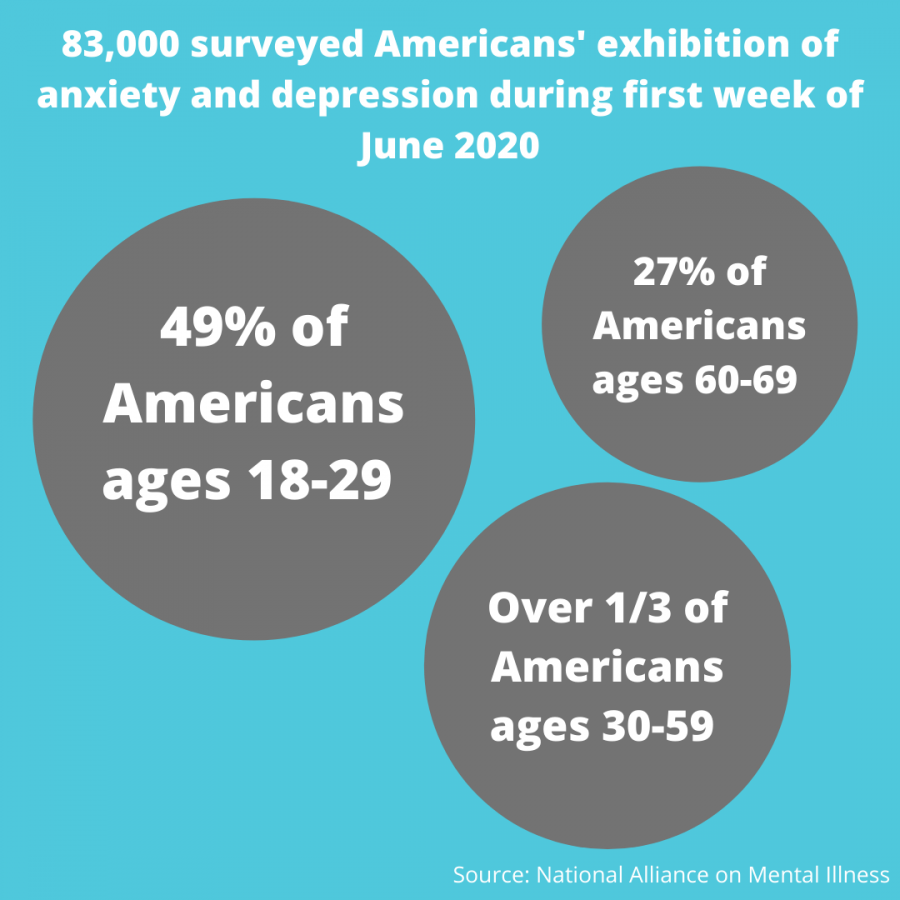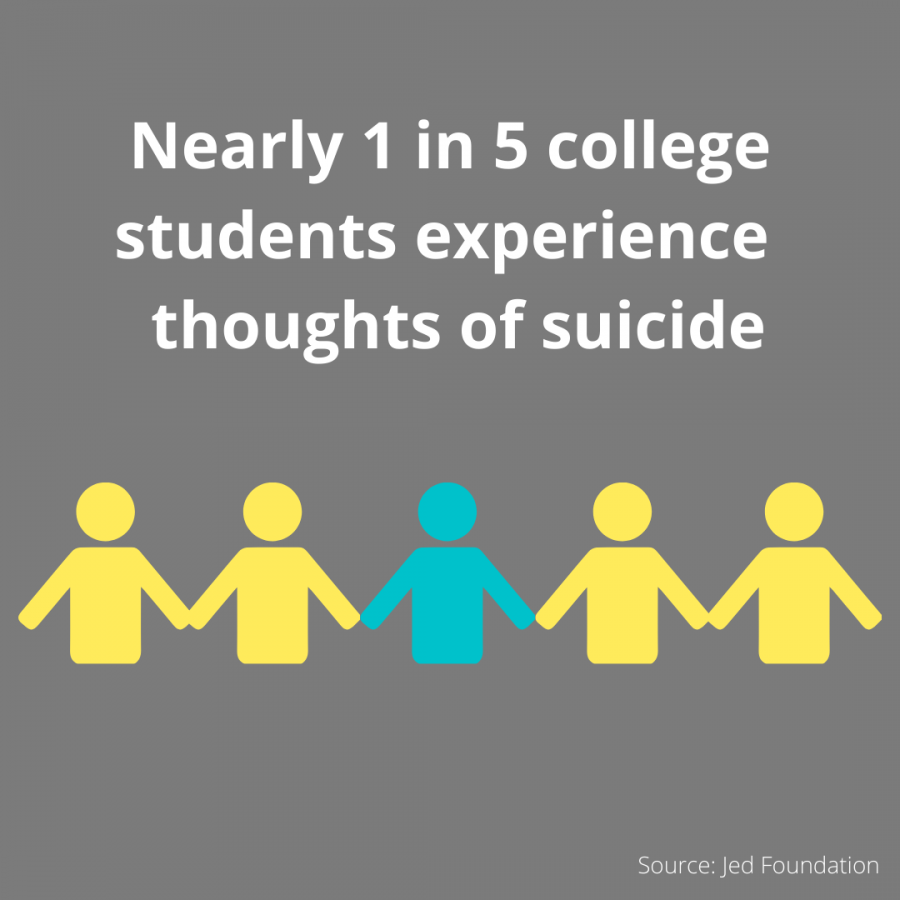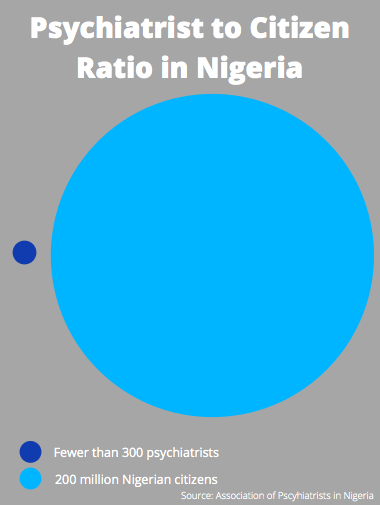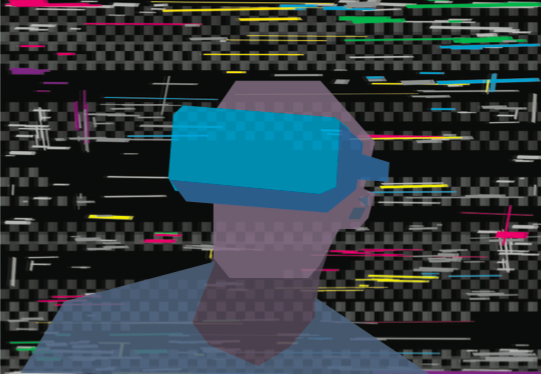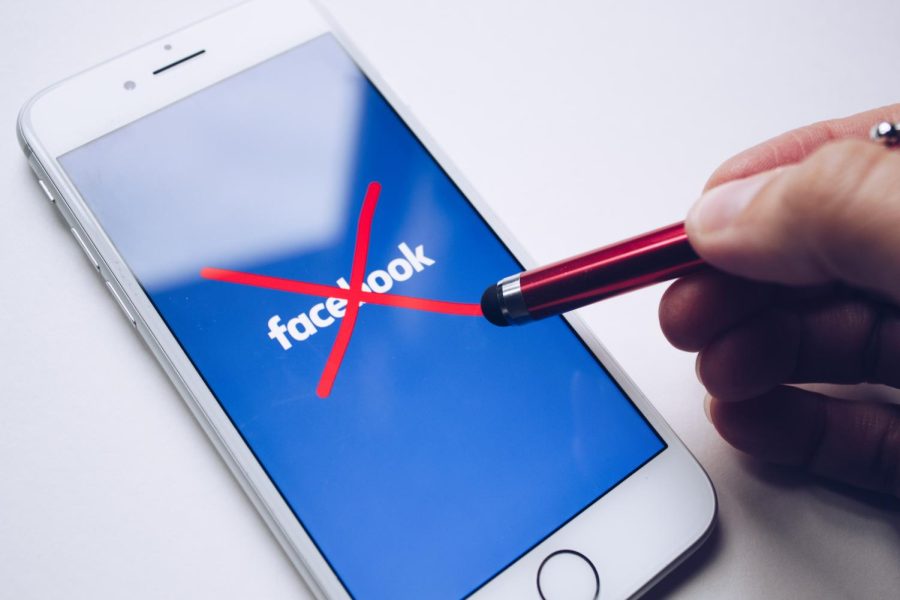Growing up in today’s digital age, the world seems to be focused on social media. It has never been easier to remain connected to people throughout the world, whether that be a couple states or several time zones away.
Using social media can have has detrimental effects on individuals, as they may spend a great deal of time engrossed in Twitter, Snapchat or Instagram, to name just a few popular platforms.
In fact, there are 3.397 billion active social media users, according to brandwatch, a social media monitoring company. Often, these users engage on more than one platform of social media to feel immersed in the outside world. According to brandwatch, on average, users have about 5.54 social media accounts they use daily. Some of the these accounts include Twitter, Instagram, Snapchat and Facebook.
As individuals spend more time on social media, photo-based platforms can have detrimental psychological effects on individuals who use them regularly.
For example, Instagram is used less for one-on-one communication and more for sharing pictures to a larger audience. According to brandwatch, 60.4 percent of all Instagram users are aged from 18 to 24 years old, which is clearly college-aged students.
This dynamic of sites like Instagram can often set users up for self-comparison with their peers. According to a study conducted at Bryant University, users who passively visit sites like Instagram and Facebook have lower self-esteem and satisfaction with life than users who actively use platforms that are photo-based, or avoid it all together. This means that if an individual goes on a photo-based site to scroll through absentmindedly, they may end up comparing themselves to others. This passivity differs from a person who uses the platform to post their own pictures, and engage with their followers in positive ways.The reason for this correlation may be linked to the fact that Instagram and Facebook are heavily photo-based platforms.
While posting photos can be an important form of self-expression, it can also lead to increased levels of anxiety, depression and fear of missing out, according to a Time magazine article. The article points to a “compare and despair attitude” that develops after spending large amount of time on social media. This mentality involves comparing one’s self to others through viewing their pictures and the content on their social media pages.
Obviously, social media has many benefits and is often used as a source of news, a way to stay connected and a cultural phenomenon that will continue to develop in the coming years. Photo-based platforms tend to cause stress among users, while platforms like Youtube and Twitter are alternate choices for self-expression and general enjoyment. According to a British Broadcasting Corporation article, going on social media right before bed has negative impacts on sleep quality. Lessening time on social media and staying off platforms right before bed are important steps to lessen the detrimental effects social media can bring.
In a Time magazine article, groups in Europe are urging sites to have a “heavy usage” pop-up to ensure individuals know how long they have been using social media. This pop-up could be another effective way to increase awareness about the effects impact of daily social media usage.
While social media can be detrimental to mental health, there are healthy ways to use platforms that can result in being a better educated and more well-connected person. Using platforms to browse the news and stay connected to friends and family can be the beginning of reaping the benefits of the abundance of ever-emerging social media platforms.





